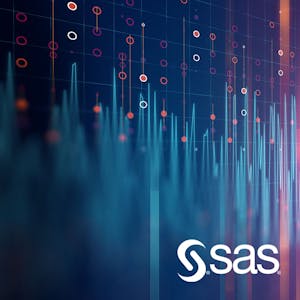Inside BFSI: Structure, Challenges, and Technology
About this Course
Course Description: This course provides an in-depth exploration of the BFSI sector, its current trends, and the technological advancements shaping the industry. Participants will gain insights into market segmentation, key players, and the regulatory framework governing banking, financial services, and insurance. Additionally, the course covers emerging trends such as digital payments, insurtech innovations, and AI/ML in banking. Learners will explore best practices for navigating the competitive landscape, risk management strategies, and new growth drivers, such as sustainable finance initiatives. By the end of the course, participants will be equipped to understand the future challenges and opportunities in the BFSI sector. Learning Objectives: 1. Define the key segments of the BFSI sector, including market size, key players, and regulatory frameworks that shape the industry. 2. Explain the emerging trends in BFSI, including innovations in digital payments, AI/ML in banking, and fintech disruptions. 3. Analyze the role of technology and innovations such as blockchain, robo-advisors, and digital fraud detection in transforming the BFSI industry. 4. Apply strategies for navigating the competitive landscape, including customer-centric approaches, risk management, and responding to market disruptions. Target Audience: This course is designed for students, professionals, and job seekers interested in deepening their understanding of the BFSI sector. It is ideal for individuals in banking, finance, insurance, fintech, or those aspiring to enter the industry.Created by: Board Infinity

Related Online Courses
This course seeks to turn learners into informed consumers of social science research. It introduces concepts, standards, and principles of social science research to the interested non-expert.... more
This specialization introduces you to the key advanced JavaScript concepts that you need for a career in web development and gives you the tools to write high-quality, efficient, scalable... more
This course covers predictive modeling using SAS/STAT software with emphasis on the LOGISTIC procedure. This course also discusses selecting variables and interactions, recoding categorical... more
This Professional Certificate is intended for data scientists with existing knowledge of Python and machine learning frameworks like Scikit-Learn, PyTorch, and Tensorflow, who want to build and... more
According to internetlivestats.com, there are over 1.58 billion websites of which 200 million are active websites. This number is constantly growing with most businesses leaning towards building... more








